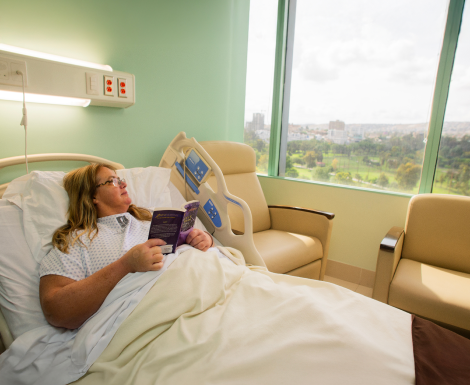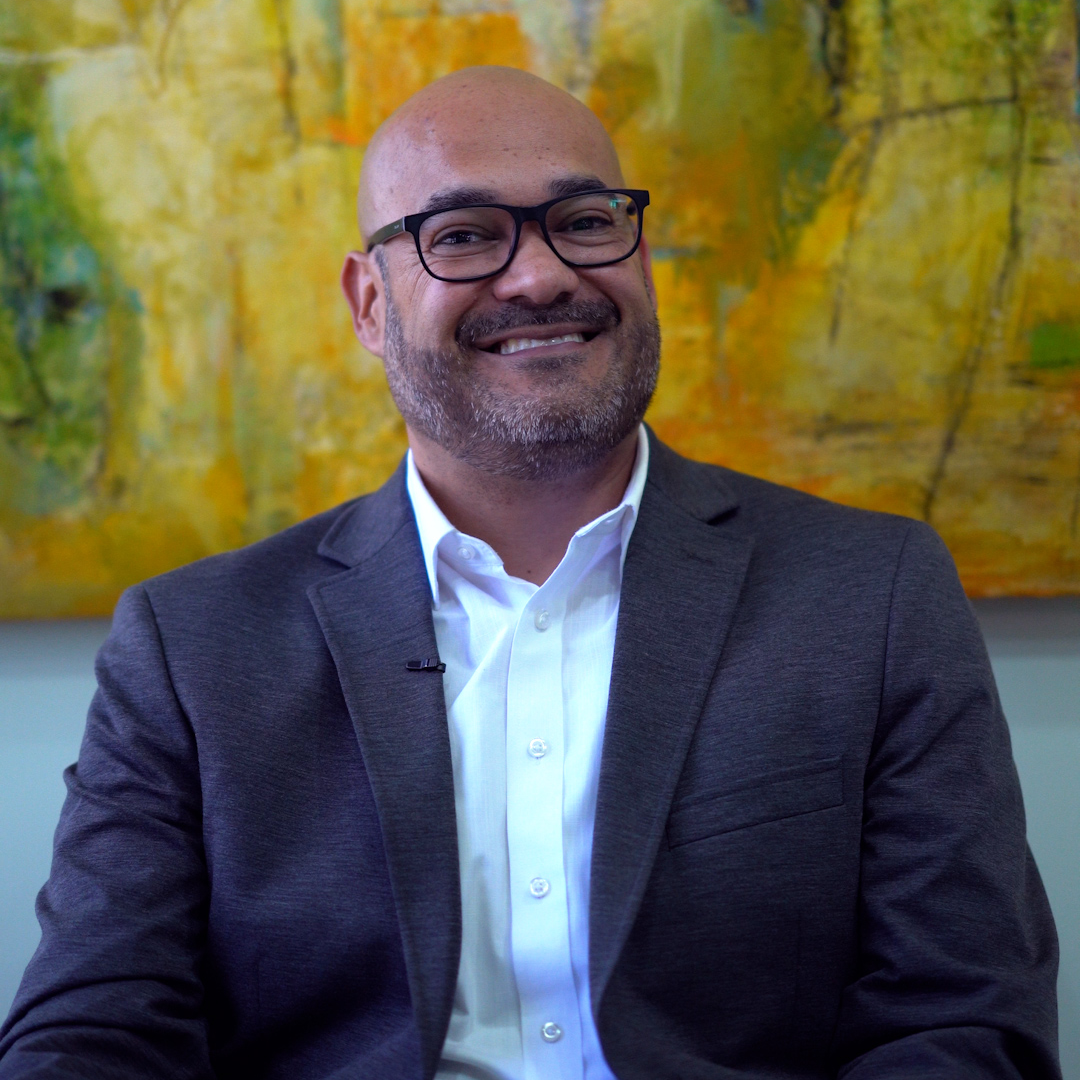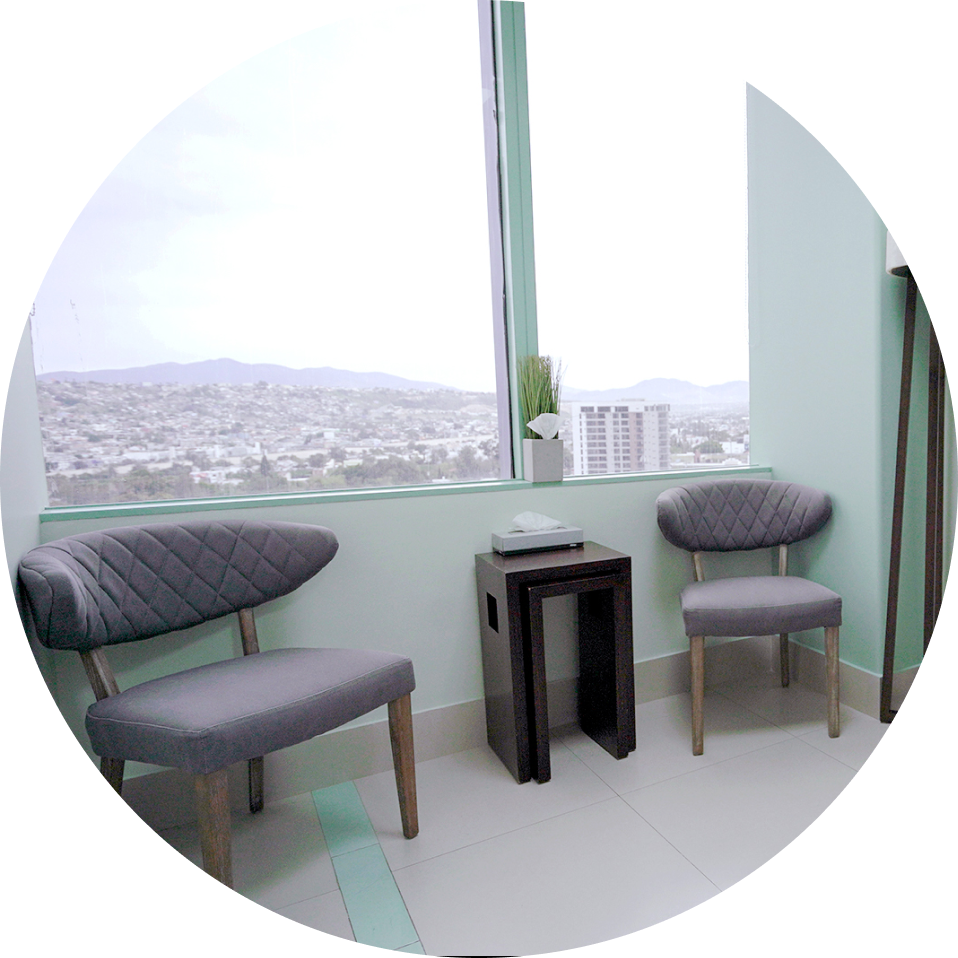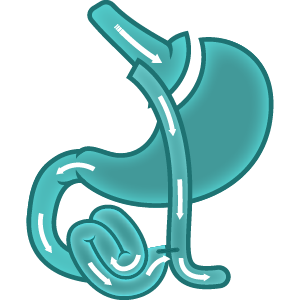
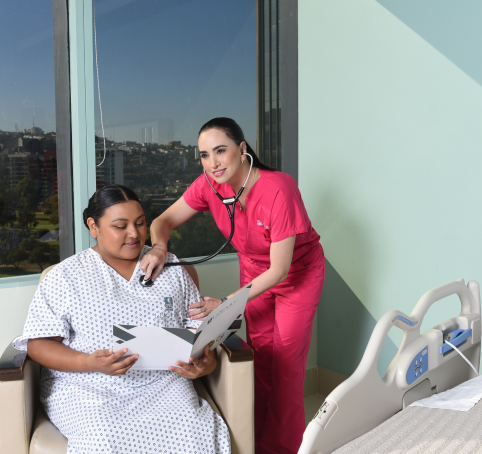



Karla
Inzunza

Emilio
Codorniz

Shantal
Maldonado

Anahí
Ortega

Sandra
Hernández
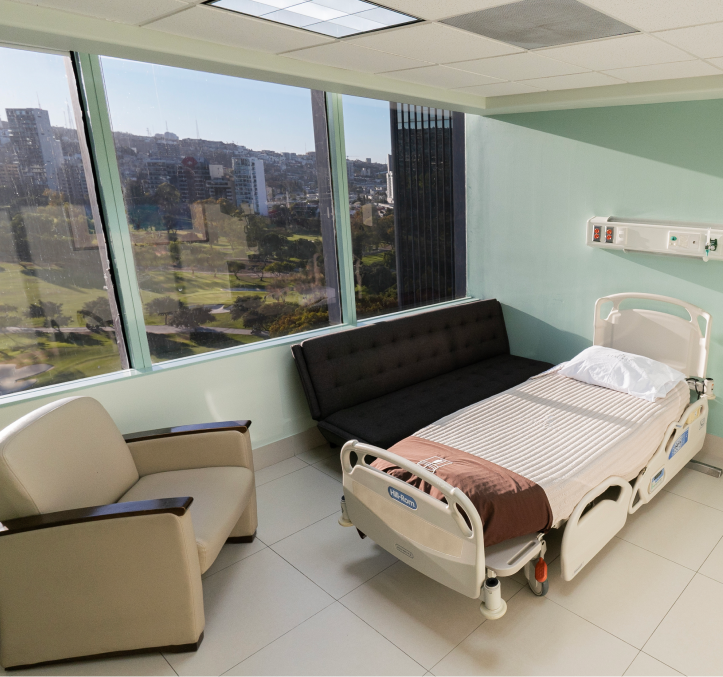

- Certified Master Surgeon: First woman in the world certified as a Master Surgeon in Bariatric Surgery.
- Over 15 years of Experience Over 15 years of experience transforming lives through advanced surgical techniques.
- Internationally Recognized Recognized globally for her contributions to bariatric medicine.
What is a Gastric Bypass Surgery done?
Gastric bypass surgery, also known as Roux-en-Y, consists of a twofold method for weight reduction. The surgeon reduces the patient’s stomach and connects it to a distal part of the intestine. A smaller stomach can hold less food and that which is consumed does not pass through the first part of the small intestine, resulting in reduced calorie absorption. In other words, this surgical procedure creates two different mechanisms that enable weight loss: the reduction of the stomach’s size plus a shortcut passage for the digestive system through the smaller intestine. In this sense, the Roux-en-Y is a restrictive and malabsorptive procedure, since it restricts food intake and also modifies the absorptive capacity of the digestive system.
The gastric bypass is the second most popular bariatric surgical procedure in the world, after the gastric sleeve surgery. According to the latest global registry of the International Federation for the Surgery of Obesity and Metabolic Disorders (IFSO), out of all the weight loss surgeries that are practiced around the world, at least 31% account for the Roux-en-Y. Most of them are performed with laparoscopic techniques. Open Roux-en-Y procedures are very rare and almost deemed unnecessary due to the great advances that the medical community has achieved with laparoscopic technology and education.
What is the recovery time for Gastric Bypass?
Recovery for this type of intervention is relatively fast. Patients can expect a 2-day post-operative stay in the hospital’s recovery room. Rest after surgery is mandatory, and most patients return to their daily life routine after 1 month. During this time, patients have to follow a very specific and strict diet that goes through different phases, starting from an only liquids diet, transiting to pureed foods, then to soft solids, and so on, with a progressive increase in calories.
A Roux-en-Y usually achieves more drastic weight loss than a sleeve gastrectomy because it combines a restrictive and a malabsorptive intervention. With a Roux-en-Y, patients start experiencing weight loss as soon as 3 months after surgery, and they can expect to lose more than 70% of their excess weight during their first post-operation year.
Excess weight represents the difference between a person’s ideal weight and his or her initial weight before surgery. According to the latest IFCO report, people who undergo a gastric bypass usually lose between 27 and 37% of their body weight one year after surgery. The total weight lost with this procedure will depend on many factors. One of them is the genetic and biological nature of each patient, as not everyone will react the same to the malabsorptive properties of the procedure. Other very important factor is the compromise the patient maintains with a healthy diet and lifestyle, and their amount of physical activity.
One of the most effective types of bariatric treatment available at LIMARP International Center of Excellence for Obesity in Tijuana, MX, is gastric bypass surgery. This procedure not only changes the size of the stomach but also changes how your digestive system absorbs food. It can produce significant results for patients suffering from chronic diseases such as diabetes.
Who is a candidate for Gastric Bypass Surgery?
This surgery is ideal for patients who have at least three or four metabolic conditions and a BMI higher than 40. The Roux-en-Y gastric bypass can highly benefit patients with morbid obesity who suffer from conditions such as diabetes, sleep apnea, and hypertension, since this procedure has shown to have a great impact on ameliorating their symptoms and, in some cases, it can lead to their total resolution.
Patients interested in undergoing a gastric bypass should be aware of the possible outcomes and benefits of this surgery, and they should also take notice that these benefits are not accomplished by themselves. To avoid any weight regain, and to obtain the best possible results that this procedure has to offer, a Roux-en-Y gastric bypass candidate must be willing to commit to drastically changing his or her eating habits and to engage with simple routine exercises.
Don’t worry, at LIMARP, we are committed to your goals just as you are. Our integral treatments include education, guidance, and continuous follow-up provided by our bariatric nutritionist, psychologist, and fitness expert.
Are There Any Risks Involved?
For reasons that can range from the very anatomy of the procedure to lack of proper supplementation or failure to follow post-surgical instructions, patients who undergo gastric bypass surgery may develop:
Nutritional and vitamin deficiencies
Stomach stretching caused by overeating
Stomal stenosis (a narrowing between the stomach and small intestines)
Gallstones
Dumping syndrome (when a high-sugar food digests too quickly from the stomach to the small intestine and causes an increase in insulin production, which results in a sudden drop in glucose levels)
Prolonged digestive issues, such as nausea, diarrhea, or constipation
Complications due to this procedure are very rare, and its mortality rate is less than 0.2%.
Working with qualified healthcare providers and following their instructions can greatly reduce these risks.
The most frequent long-term risk for this procedure is the development of nutritional and vitamin deficiencies, especially vitamin B12 deficiency. This can be very easily prevented, since bariatric surgeons and nutritionists prescribe dietary supplements and vitamins to weight loss surgery patients as part of their treatment, before and after surgery. Weight loss surgery candidates should be well aware that they might need dietary supplements and vitamins as a lifelong habit.
Due to the malabsorptive properties of gastric bypass surgery, there is the possibility of developing intolerance or higher sensitivity to certain foods. Patients should acknowledge that their bodies have been through a major change and that, with it, their reactions to some meals might change too. For example, some studies report a higher intolerance to alcoholic beverages or a mild risk of developing alcohol dependency. As part of their new and healthier lifestyle, bariatric patients should avoid alcohol, sweets, and fats, and prefer high-protein meals and nourishing treats.
What are the benefits of Gastric Bypass Surgery?
At LIMARP® in Tijuana, we have performed thousands of successful weight loss surgeries on patients all over the world. We use the latest technology and offer specially developed amenities to deliver safe and effective care.
The Roux-en-Y has proven to be effective in ameliorating and even resolving obesity-related comorbidities such as type 2 diabetes, hypertension, osteoarthritis, dyslipidemia, obstructive sleep apnea, asthma, varicose veins, and even infertility.
Choosing to improve your health with gastric bypass surgery can provide many benefits, including:
Remission of type 2 diabetes
Relief from joint pain
Resolution of sleep apnea
Reduction in the risks related to hypertension and heart disease
Healthier lifestyle
Better quality of life
Dramatic, long-term weight loss
Enhanced self-confidence
A Roux-en-Y might be reversible if the patient faces long-term complications, although a reversal also implies risks as any surgical procedure would.
Is Gastric Bypass Surgery in Tijuana, Mexico Safe?
The outcomes and benefits of this surgery will depend on many factors, including compliance with prescriptions, medical and nutritionist recommendations, maintenance of a healthy lifestyle, and even genetic predisposition.
But when you get treatment with LIMARP’s expert team, you are not alone. We provide long-term to lifelong follow-up, where we monitor your progress, supervise your biometric records, and provide guidance and counseling according to your specific needs. At LIMARP, our main focus is your health and your long-lasting well-being, and our commitment is to help you reach your goals because we take them as seriously as you do.
Tijuana, Mexico, stands out as a top destination for gastric bypass surgery due to its combination of skilled surgeons, modern medical facilities, comprehensive care, and affordable prices. The proximity to the U.S., coupled with the high standards of medical practice, makes it an ideal choice for those seeking effective and safe weight-loss surgery.
Contact
Consultation
Your Trip
Pre-surgery
Surgery
Recovery
Follow Up
